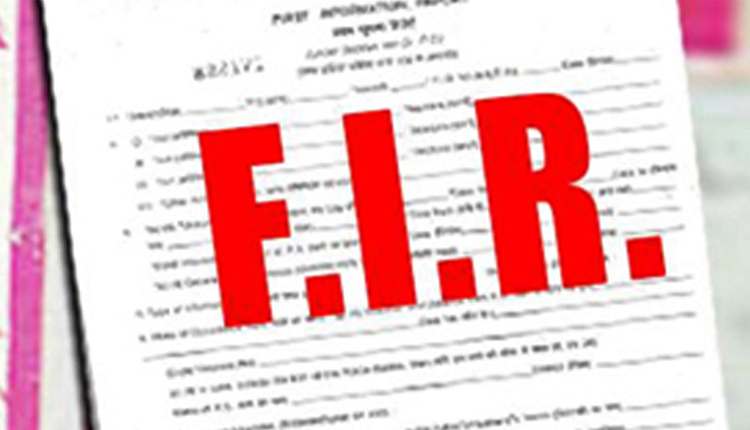New Delhi: In a groundbreaking judgement aimed at uprooting deep-seated social divisions, the Allahabad High Court has directed the Uttar Pradesh government and police to eliminate all references to caste in First Information Reports (FIRs), official documents, and records.
Terming the practice a violation of constitutional principles, the court emphasised that in an era of advanced identification tools like Aadhaar cards, fingerprints, and mobile cameras, relying on caste for identity is not only outdated but also divisive.
The ruling stems from a petition filed by Praveen Chhetri, who sought to quash criminal proceedings against him in a liquor seizure case from Etawah’s Jaswant Nagar police station.
On April 29, 2023, police intercepted a Scorpio vehicle and recovered hundreds of liquor bottles, arresting Chhetri and two others. Shockingly, the FIR and seizure memo listed the accused’s castes – including Mali, Pahadi Rajput, Thakur, and Brahmin – a detail the court slammed as discriminatory profiling that undermines democratic foundations.
Justice Vinod Diwakar, presiding over the case, observed that such mentions inflict profound mental and social wounds on society. “Caste-based identification is a legal fallacy that fractures communal harmony,” he remarked, urging a shift towards technology-driven verification to foster unity.
The court’s directives are sweeping: all caste columns must be scrubbed from police forms, including FIRs, crime detail sheets, arrest memos, and surrender documents. Notice boards at police stations can no longer display accused persons’ names alongside their castes. Extending the order beyond paperwork, the bench mandated the immediate removal of signboards linking properties or areas to specific castes, with formal regulations to prevent their recurrence.
In a nod to gender equality, the court suggested incorporating the mother’s name alongside the father’s or husband’s in police forms, promoting inclusivity. The judgment didn’t stop at the state level; it roped in the central government, calling for amendments to motor vehicle rules to prohibit caste-based slogans or symbols on vehicles. Additionally, it advocated strengthening IT regulations to curb social media content that glorifies caste or incites hatred, with user-friendly complaint mechanisms for citizens.
Highlighting India’s vision of becoming a developed nation by 2047, the court stressed that eradicating caste biases must be a core agenda for both state and central governments. This verdict could spark nationwide reforms, signalling a pivotal step towards a more equitable justice system free from archaic prejudices.



Comments are closed.